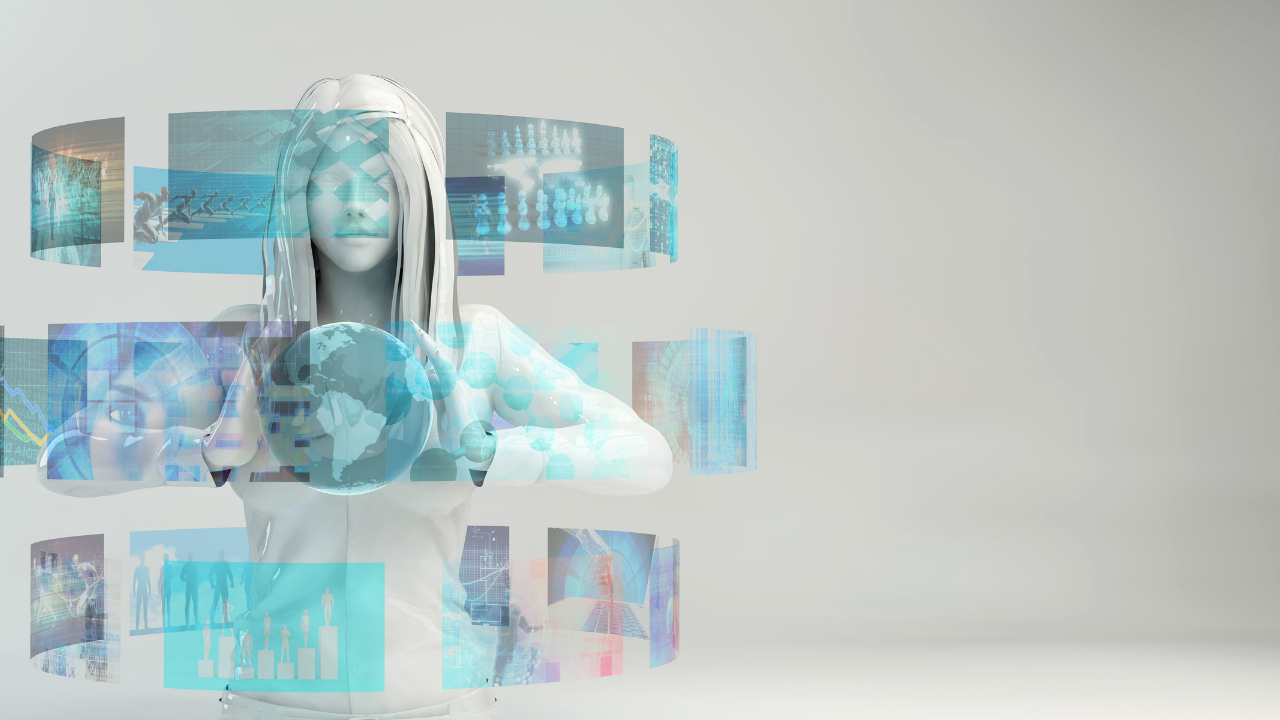How To Thrive In The Future Of Your Work?

I am continuing to explore ideas in Heather McGowan and Chris Shipley's book The Adaptation Advantage: Let Go, Learn Fast, and Thrive in the Future of Work. One of the key messages in the book is that to navigate the future of work, we need to be adaptable and resilient, keeping ourselves free of the constraints of occupational identities. We have to adopt that mindset earlier than we think; it all starts in school.
Who has not asked a child, "What do you want to be when you grow up?" It is a well-meaning question, intended to give a child a sense of purpose and direction. McGowan and Shipley argue that this question causes a different and unintended outcome. Asking a child what they want to be when they grow up traps a person in a fixed identity, hindering personal growth and denying an opportunity for adaptation.
Instead of asking what a child wants to be, we should encourage curiosity and ask what they like to do, what they learned today, and what they find special and interesting. Freeing their imagination lets them see a life full of possibilities. Encouraging curiosity helps children develop their interests and areas of strength, setting them on a path of lifelong learning.
Another problem with today's upbringing is a misleading message that a student should pick a good major and get good grades in order to get a good job in a good industry. First, a vertical career ladder is gone. The romanticized idea of a corporate mailman rising to become the same company's CEO is unrealistic. Second, good grades do not guarantee a good job; neither does a good major, which is a highly subjective construct in the first place.
McGowan and Shipley suggest shifting our focus from pursuing a specific course of study to developing a broad set of skills applicable to a different kind of work. "Defining yourself, your skills, and your knowledge beyond the scope of your job is the first step to thriving in the future of your work," say McGowan and Shipley.
Our identity should not be rigid or static, holding on to the stories of the past. Our self-image can evolve as our lives change and we gain new experiences. We can continue to learn, adapt, and reinvent ourselves over and over again during our lifetime.
McGowan and Shipley caution anyone who has had the same job for five to seven years without making any changes. They urge these individuals, as well as everyone else, to lean into the change, continually update their skills, nurture their network, and continuously assess the market and professional landscape. If people do that, McGowan and Shipley claim that they would have an adaptation advantage.
The first step in gaining our adaptation advantage is to define ourselves, our skills, and our knowledge beyond the scope of our jobs. To avoid occupational identity traps, the authors recommend starting with Why. According to the research by the Foundation for Young Australians, students graduating today will make 17 job changes across five different careers over their professional lives. Only 6 percent of adults will be in careers they wanted when they were younger. With that in mind, McGowan and Shipley conclude that we cannot define ourselves by what we do. We must understand why we do it.
Experimentation throughout our lives helps us try out different versions of ourselves and zero in on what matters most to us. As we change over time, we write new chapters "in the book that is your career." This continual state of change is what will allow us to thrive in the future of work. Kate O'Keeffe, founder of Cisco Hyperinnovation Living Labs (CHILL) described the concept of change as follows:
We need to stop thinking about ourselves as forming a finished product and we need to start thinking of ourselves and our careers as a prototype in continual states of change and improvement.